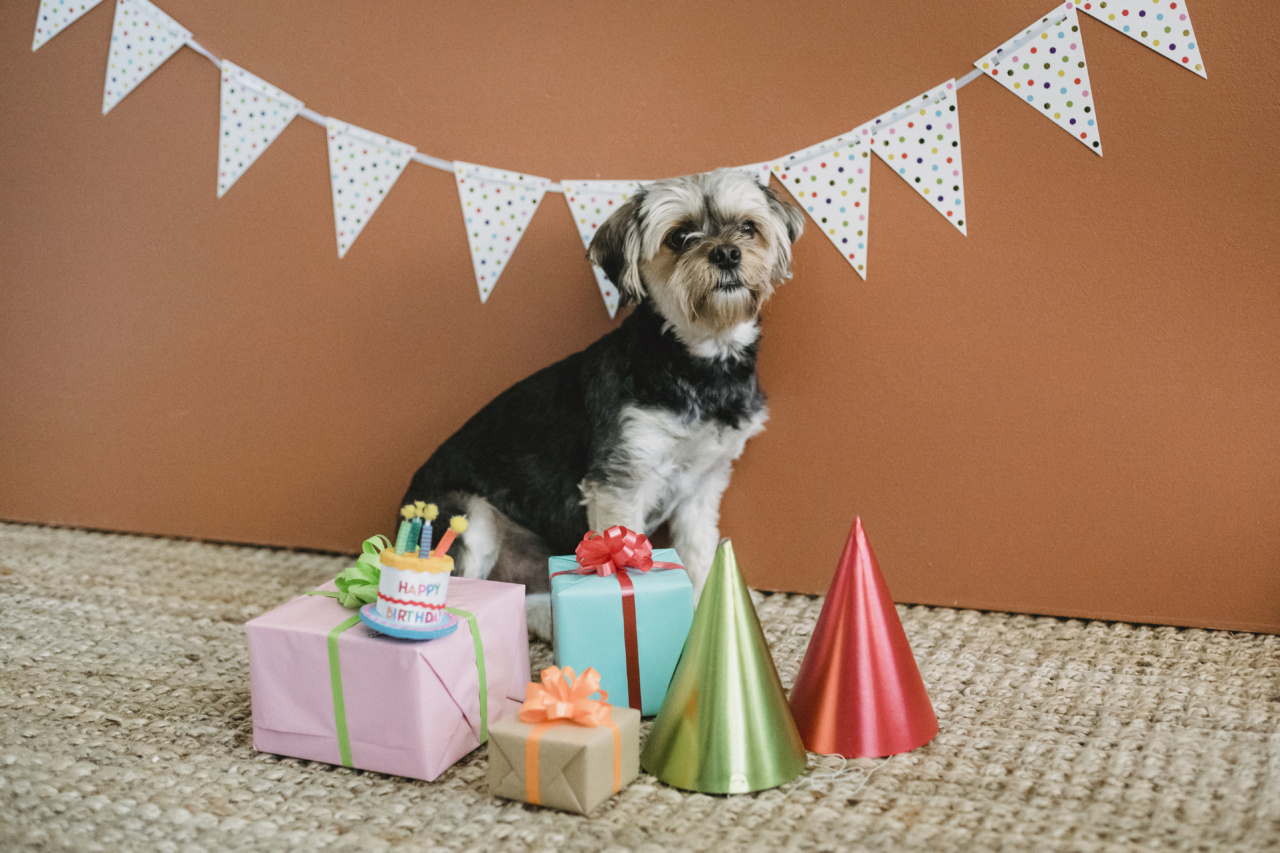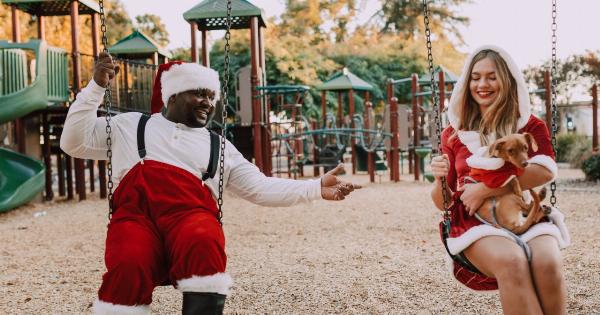Festive periods like Christmas and New Year are joyous times for humans; however, these periods may be overwhelming for dogs.
The love, laughter, and long meals that we cherish so much can be sources of stress for our furry friends, especially if they are not properly acclimated or have pre-existing anxiety issues. Dogs may experience stress due to changes in their routine, loud noises, new visitors, and unfamiliar foods. As responsible pet owners, it is our job to make these periods as comfortable as possible for our dogs.
Herein, we share some useful tips on how to overcome festive stress in dogs.
Tip #1: Keep routine as normal as possible.
Consistency is essential in the life of a dog. Dogs thrive in a routine, and any disruptions can trigger stress. In the midst of all the festivities, try as much as possible to maintain your dog’s regular feeding, play, and sleeping times.
If you have to change your routine, do it gradually and inform your dog what’s happening. This way, they won’t be caught off-guard.
Tip #2: Provide a secure and quiet space.
During festivities, it may be challenging to keep your dog’s environment quiet, especially if you have visitors. Create a safe and secure space where your dog can retreat to when they need some quiet time.
Place comfortable blankets, toys, and water in that space. You can also use baby gates to create a special dog zone where your dog can relax without worrying about getting stepped on or tripped over.
Tip #3: Watch your dog’s diet.
Festive periods usually come with surfeit foods, and you may be tempted to share some of your delicious meals with your dog. However, it’s essential to be mindful of what your dog is eating, especially if they have sensitive stomachs.
Avoid giving your dog table scraps, which may be too fatty, spicy, or seasoned for their stomach. Instead, consider giving them small portions of dog treats or cooked plain turkey or chicken.
Tip #4: Give your dog plenty of exercise.
Exercise is a great way to reduce stress in dogs. During the busy festive period, it’s easy to neglect your dog’s daily exercise routine. However, it’s crucial to keep it up, as regular exercise helps to combat anxiety and nervousness.
Take your dog for a walk or play fetch with them whenever you can. This way, they will burn off energy and feel more relaxed.
Tip #5: Be mindful of your body language.
Dogs pick up on our body language, and they may become anxious or stressed if they sense that you are anxious or stressed out. If you are feeling tense, take a moment to relax and breathe.
Avoid showing your dog negative emotions, such as frustration or anxiety. Instead, stay calm and cheerful around them, even when things get hectic.
Tip #6: Use calming aids.
Calming aids such as pheromone sprays, calming chews, and weighted blankets can help to soothe dogs during the festive period. These aids work by releasing scents or applying pressure that simulates a hug, which in turn relieves stress and anxiety.
Consult with your vet on the best calming aid for your dog before use.
Tip #7: Keep visitors in check.
Festive periods usually attract visitors, and while this can be exciting for humans, it may cause distress to dogs, especially if they are not used to having people around.
If you are expecting visitors, let them know in advance that you have a dog and advise them on how to interact with your furry friend. Ask them not to interact with your dog unless they approach them first. If your dog is anxious around strangers, consider putting up a sign indicating that there’s a dog on the premises.
Tip #8: Offer distractions.
Distractions such as toys and puzzles are great ways to keep a dog distracted during stressful periods. When your dog is preoccupied with a puzzle or a toy, they are less likely to be impacted by the commotion around them.
You can also offer them a chew toy, which not only distracts them but also helps to reduce tartar and plaque build-up on their teeth.
Tip #9: Consider hiring a pet sitter or a dog walker.
If you are expecting to be away for an extended period, consider hiring a pet sitter or a dog walker to keep your furry friend company.
A pet sitter or a dog walker can give your dog the attention they need and ensure they are well-fed, exercised, and cared for in your absence. This can also reduce the stress and anxiety your dog may feel when they are left alone for extended periods.
Tip #10: Seek professional help if needed.
If your dog’s stress levels are too high, and they are exhibiting signs such as excessive barking or destructive behavior, it’s essential to seek professional help.
Contact your vet or a professional dog trainer who can provide advice on how to manage your dog’s stress and anxiety. They may also recommend medication if the stress is severe.
Conclusion
Festive periods can be challenging for dogs, but with proper preparation and care, we can help our furry friends overcome the stress and enjoy the holiday season just as much as we do.
Remember to keep your dog’s routine as normal as possible, provide a secure and quiet space, watch their diet, give them plenty of exercise, and use calming aids if needed. Above all, stay calm and cheerful around them, even when things get hectic.































